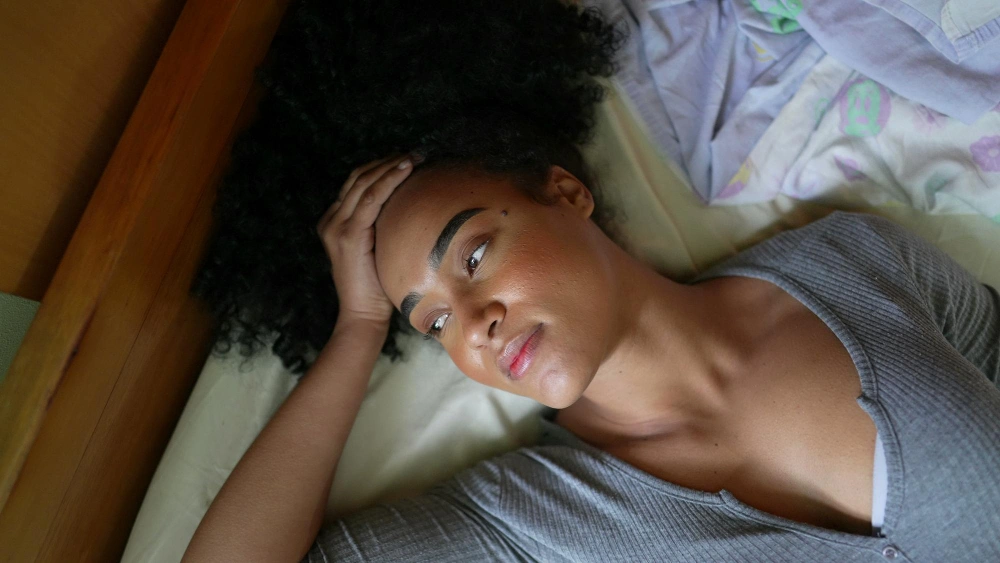Insomnia and Mood: Simple Tips for Better Rest and Mental Health

Page Contents
The Connection Between Insomnia and Mood
Tips for Better Sleep
Activities to Improve Sleep and Mood
Regular physical activity during the day can help you fall asleep faster and enjoy deeper sleep, although vigorous exercise before bed should be avoided. Mindfulness practices such as meditation, yoga, and deep breathing exercises can reduce stress and anxiety, promoting better sleep and mood.
Journaling your thoughts and worries before bed can clear your mind and make it easier to fall asleep. If you are a student there and you need help writing a bachelor’s thesis, seeking help from a service that allows bachelorarbeit schreiben lassen can be a great advantage. This not only saves time, but also ensures quality work. Additionally, connecting with friends and loved ones can boost mood and reduce stress, as positive social interactions improve sleep and mental health.
What Not to Do for Better Mental Health
- Avoid Napping Late in the Day
- While short naps can be refreshing, long or late naps can disrupt your sleep schedule.
- Don’t Use Alcohol as a Sleep Aid
- Alcohol might make you feel sleepy initially, but it can interfere with your sleep cycle and lead to restless nights.
- Steer Clear of Excessive Screen Time
- Too much exposure to screens, especially before bed, can make it harder to fall asleep and affect your mood.
- Limit Stimulants
- Reduce your intake of caffeine and nicotine, especially in the hours leading up to bedtime. These can keep you awake and affect sleep quality.
- Avoid Overthinking at Night
- Easier said than done, but try not to dwell on stressful thoughts before bed. Techniques like deep breathing and visualization can help shift your focus.
Conclusion
Knowing how sleep and mood affect each other is key to improving both. By building good sleep habits, doing activities that lift your mood, and avoiding things that make it worse, you can break the cycle and get better sleep and happier days. It’s all about finding balance and a routine that works for you. Sleep well and take care of your mental health – they’re more connected than you might think.

